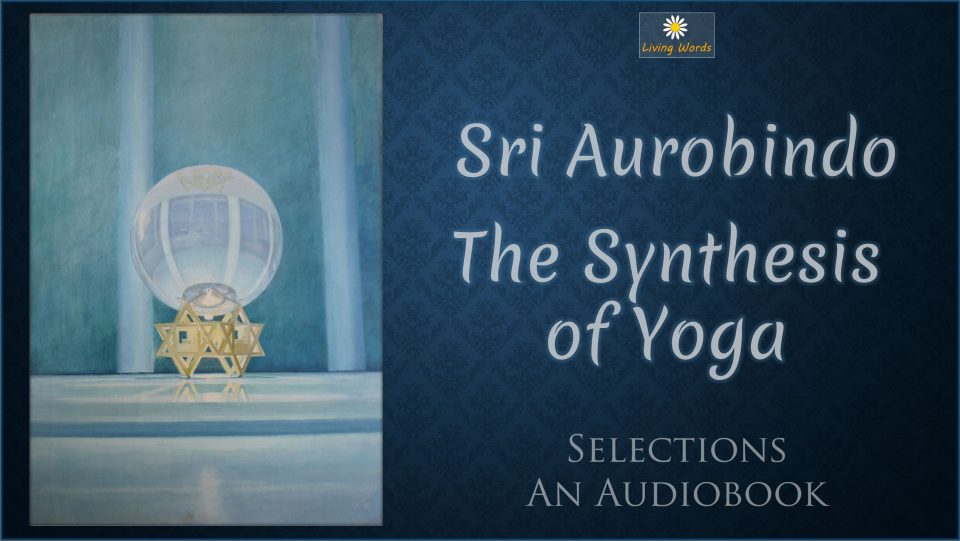4. The Way of Love
4.1 Prayer and relations with the Divine
Prayer helps to prepare this relation for us at first on the lower plane even while it is there consistent with much that is mere egoism and self-delusion; but afterwards we can draw towards the spiritual truth which is behind it. It is not then the giving of the thing asked for that matters, but the relation itself, the contact of man’s life with God, the conscious interchange. In spiritual matters and in the seeking of spiritual gains, this conscious relation is a great power; it is a much greater power than our own entirely self-reliant struggle and effort and it brings a fuller spiritual growth and experience. Necessarily in the end prayer either ceases in the greater thing for which it prepared us, —in fact the form we call prayer is not itself essential so long as the faith, the will, the aspiration are there,—or remains only for the joy of the relation. Also its objects, the artha or interest it seeks to realise, become higher and higher until we reach the highest motiveless devotion, which is that of divine love pure and simple without any other demand or longing. The relations which arise out of this attitude towards the Divine, are that of the divine Father and the Mother with the child and that of the divine Friend. To the Divine as these things the human soul comes for help, for protection, for guidance, for fruition,—or if knowledge be the aim, to the Guide, Teacher, Giver of light, for the Divine is the Sun of knowledge,—or it comes in pain and suffering for relief and solace and deliverance, it may be deliverance either from the suffering itself or from the world-existence which is the habitat of the suffering or from all its inner and real causes. In these things we find there is a certain gradation. For the relation of fatherhood is always less close, intense, passionate, intimate, and therefore it is less resorted to in the Yoga which seeks for the closest union. That of the divine Friend is a thing sweeter and more intimate, admits of an equality and intimacy even in inequality and the beginning of mutual self-giving; at its closest when all idea of other giving and taking disappears, when this relation becomes motiveless except for the one sole all-sufficing motive of love, it turns into the free and happy relation of the playmate in the Lila of existence. But closer and more intimate still is the relation of the Mother and the child, and that therefore plays a very large part wherever the religious impulse is most richly fervent and springs most warmly from the heart of man. The soul goes to the Mother-Soul in all its desires and troubles and the divine Mother wishes that it should be so, so that she may pour out her heart of love. It turns to her too because of the self-existent nature of this love and because that points us to the home towards which we turn from our wanderings in the world and to the bosom in which we find our rest.
[CWSA 23: 567 – 568]




